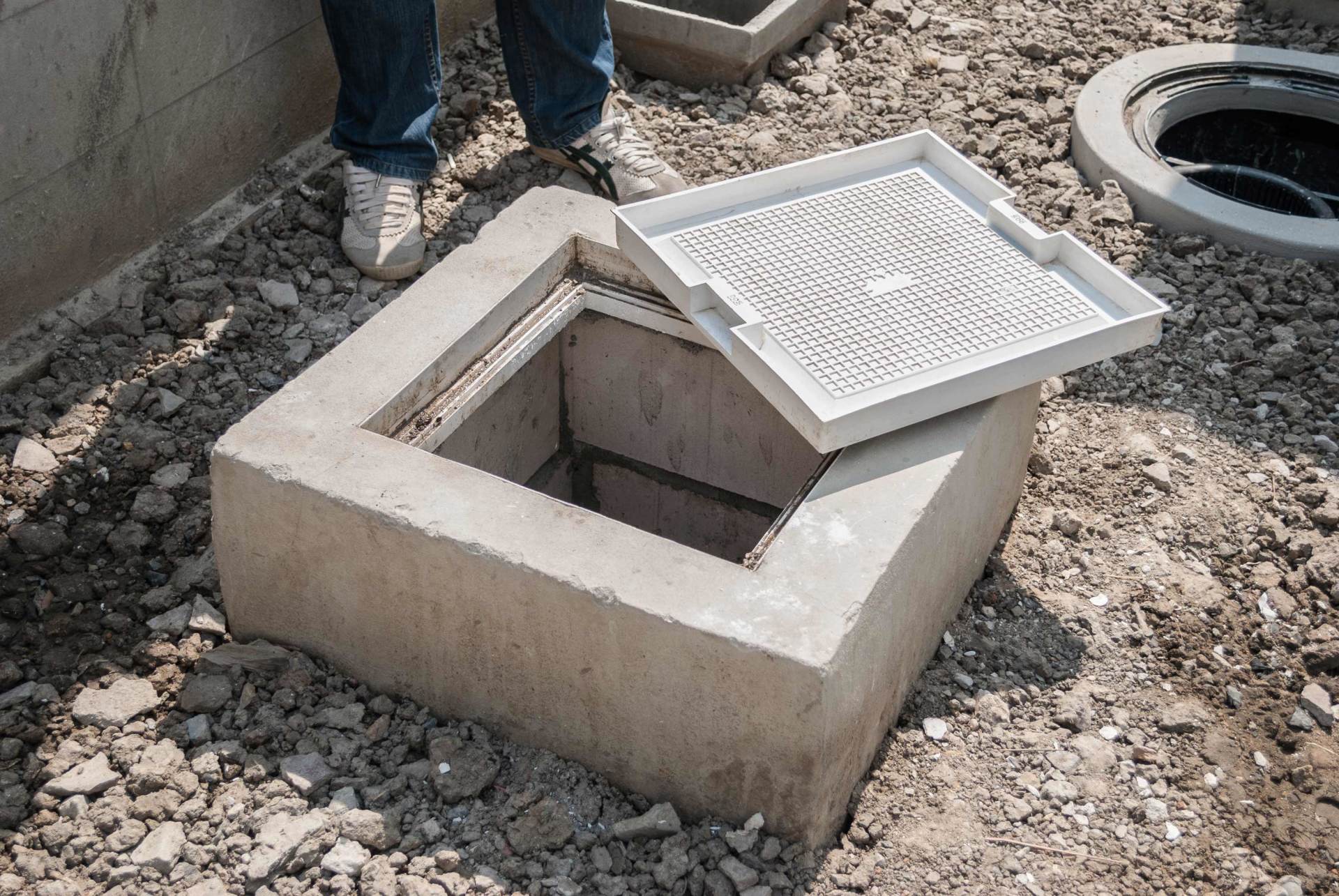
Busy restaurant owners and managers may not think about their grease trap until a problem arises. Regular pumping and maintenance are much more cost-effective and professional than the wait for an unpleasant odor to overtake a restaurant or a sewer backup to occur. If you do not realize the importance of the grease trap, you may not know all that you should about it.
#1. Tanks Fill Quickly
All restaurants fill grease traps at different rates. How soon the trap needs service depends on the size of the tank, how busy the restaurant is, and how much grease and oil they use in their meals. Every restaurant should discuss the usage with a cleaning service to establish a reasonable schedule for their needs.
#2. Problems Are Shared
Sewer blockages cause damage for municipalities, businesses, and homeowners. Grease poured into drains is the main cause of sewer blockages in the country. Restaurants that rinse grease down drains with boiling water cause it to liquefy and enter the sewer. It may seem as if the grease issue ended, but it did not.
Eventually, the liquefied oil and fat cools off and turns back into a solid. The solids can collect with other waste material and clog municipal lines or create issues at a wastewater treatment plant. The problem became such an issue in England, that the term fatberg began. Fatbergs are not solely a problem in England, as similar waste backups have occurred in the United States.
#3. Accidents Can Happen
Professional cleaning on a regular schedule confirms the stability of the entire unit. A cleaning service will help their clients to keep their disposal system running properly and safely, so no one experiences any harm. Grease trap tanks with no lids or decayed lids have caused injuries and deaths.
The State of Alabama created the Sadie Grace Andrews Act in response to the death of a little girl that fell into a restaurant grease trap. The law forces restaurants to monitor and meet safety regulations or face a $100 daily fine. The laws vary in South Carolina, but all restaurants should strive to protect everyone on their property.
#4. Damage is Reduced Through Preparation
Regular pumping will prevent nearly all issues, but it is always important for restaurant workers to know how to address a blockage that causes the trap to back up. Do not rinse down the drain any grease or other material that spills into the restaurant. A better option is to use cat litter, absorbent pads, or pourable products made to contain spills to collect the grease.
Allow the material to absorb all the oil and grease overflow. Sweep up the solid material and dispose of it in the garbage. Always contact a pumping service immediately to prevent another overflow.
#5. Pumping Saves Money
As fat, oil, and grease combine and then mix with oxygen, it creates a sulfur gas that can destroy the grease trap. Regular pumping reduces the time the gas is in the tank and reduces the amount of damage it causes. Restaurants must make certain the company they hire will pump the tank rather than only skim the surface.
The grease solids sink and will remain at the bottom. The liquid that separates from the grease and fat will sit at the top of the tank. Skimming removes the liquids and leaves the rest behind. The remainders will continue to degrade the tank.
Restaurants will fail if customers associate them with bad smells, sewer clogs, and unsafe tank lids that lead to accidents. Avoid all these concerns with regular tank cleaning. At
Upstate Septic Tank, LLC, we can help you choose the right schedule for your needs. Contact us today.






